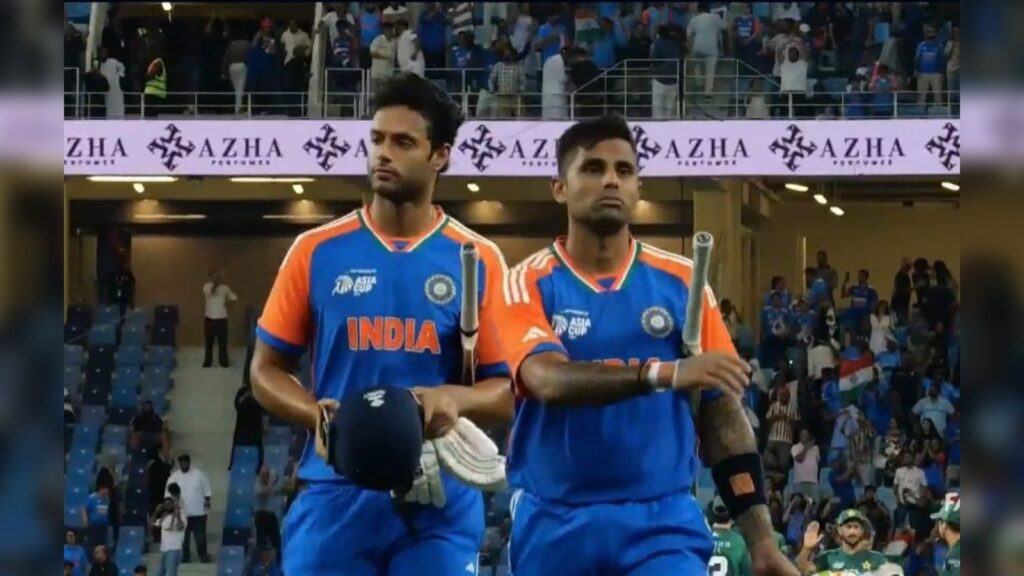
Ashok Namboodiri
In the face of boycott chatter and geopolitical tension, India’s handling of the Asia Cup 2025 clash with Pakistan offered a masterclass in leadership, composure, and empathy. When India and Pakistan squared off in Dubai, the stakes were higher than ever. This was not simply a cricket match but an encounter framed by tragedy and tension. The Pahalgam attack had shaken the country, leaving scars that were raw and painful. In the aftermath, voices in India clamoured for a boycott of the game. Politicians, commentators, and fans debated endlessly. To play or not to play became the dominant question. Against this backdrop, India’s eventual performance and composure were not accidental – they were the outcome of thoughtful management and a disciplined approach to leadership.
The first sign of maturity came before a ball was bowled. Rather than pushing players and the captain into politically loaded press conferences, the Indian management entrusted assistant coaches Sitanshu Kotak and Ryan ten Doeschate to face the questions. Both spoke with calm authority, answering with dignity while firmly steering the conversation toward cricket. By doing so, they absorbed the pressure, insulated the players, and sent a clear message: the team would not be drawn into politics. This was a masterclass in delegation and narrative control.
Modern leaders know that silence cannot be enforced with gag orders. India did not stifle the cricketers but instead set the tone of voluntary restraint. The players stayed away from provocative posts on social media, not because they were forced into silence, but because the collective purpose was clear – let the bat and ball do the talking. This blend of freedom and discipline is a crucial management lesson: genuine alignment comes not from control but from conviction.
But the moment that lifted this win beyond sport came at the presentation. Captain Suryakumar Yadav, rather than revelling in triumph, dedicated the victory to the victims of the Pahalgam attack. It was an act of empathy, connecting the joy of victory to the pain of the nation. By doing so, Surya transformed a cricketing result into a national moment of healing and unity.
Leveraging the sporting platform to send out a message in a dignified way was the other aspect. The Indian team refused to shake hands with their counterparts at the end of the match.
Taken together, India’s handling of the match offers a leadership blueprint for sport, business, and beyond. As a first step, delegate wisely to shield core performers from external chaos. Next, balance freedom with discipline so restraint feels voluntary, not imposed. Ensure you protect the focus of your team so that energy is spent on execution.
Lead with empathy by tying success to a larger cause and, finally, exercise restraint in the face of provocation, preserving dignity.
India’s emphatic win in Dubai was more than a cricketing achievement. It was a demonstration of how to turn a moment of crisis into a showcase of maturity. For leaders across fields, the lessons are profound: composure is not weakness, empathy is not distraction, and restraint is not passivity. Together, they form the bedrock of leadership that inspires trust and delivers results. In turbulent times, dignity and decisiveness are not contradictions – they are complements. India not only beat Pakistan on the scoreboard; it showed the world how to lead when the world is watching.
Follow Revsportz for latest sports news





